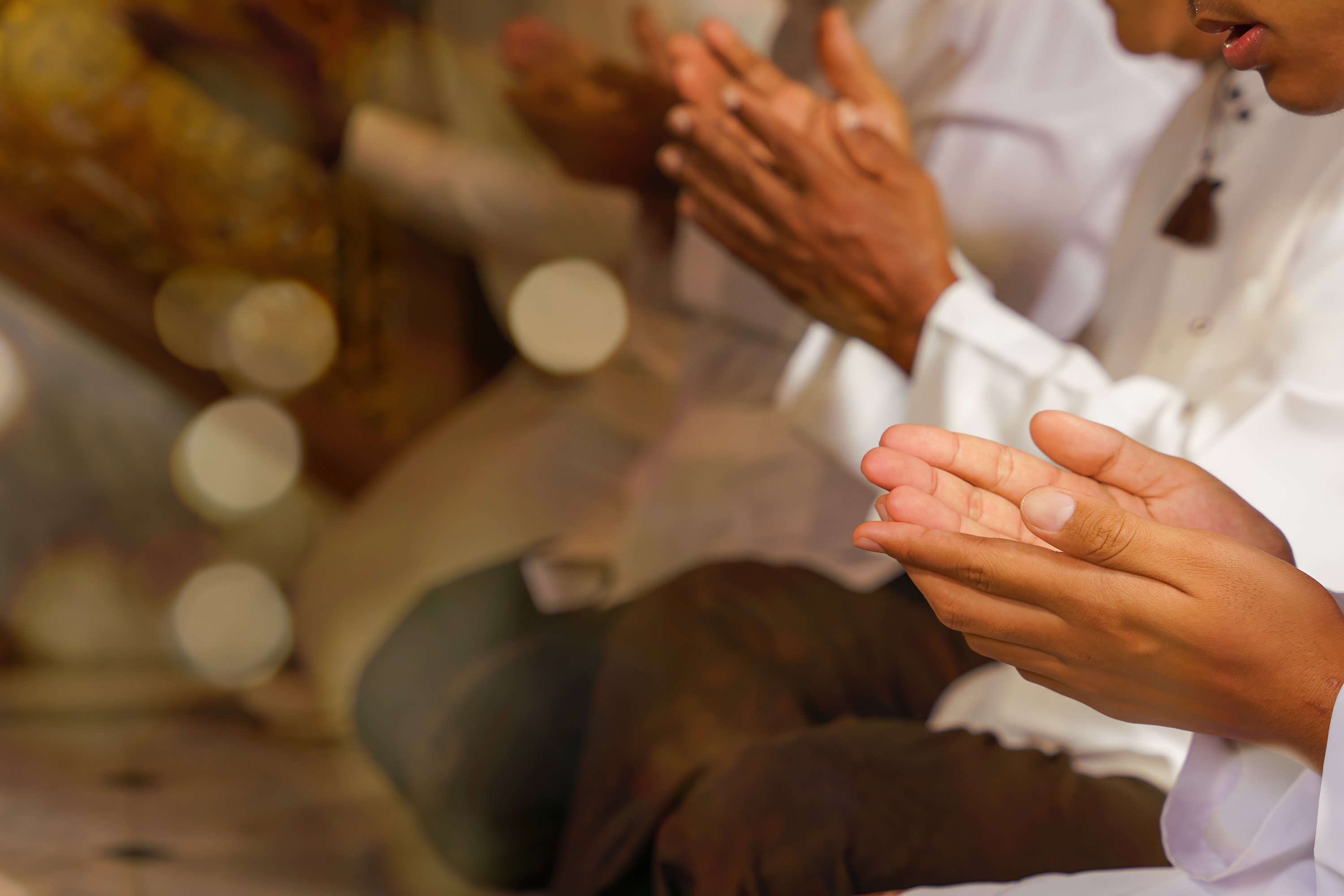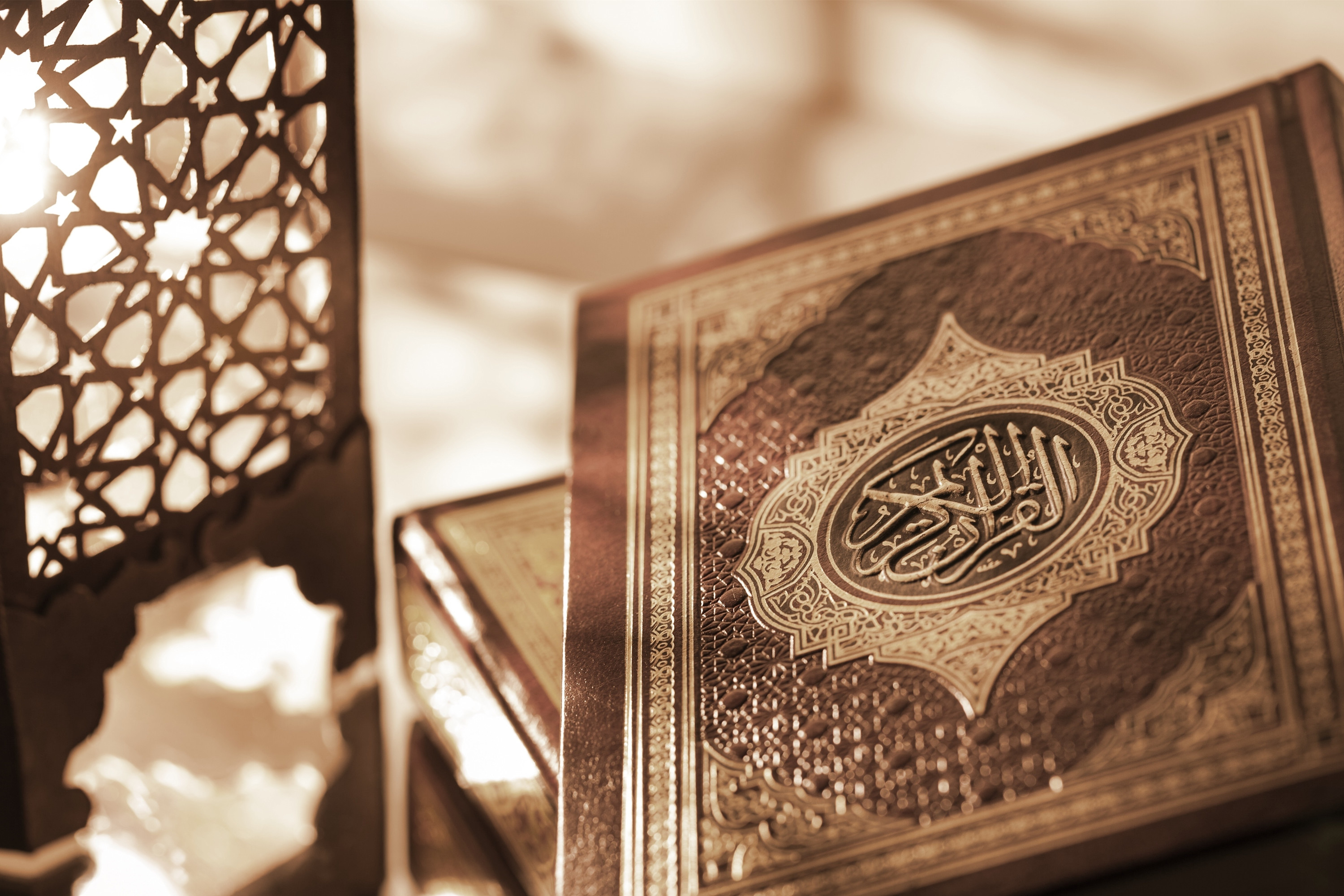
Purity: Wudhu and Ghusal
Purity holds a fundamental role in Islam, symbolizing both physical cleanliness and spiritual purification. Muslims are required to maintain cleanliness in all aspects of life, including personal hygiene, ritual purification (Wudu and Ghusl), and cleanliness in food and clothing.
Beyond physical cleanliness, purity in Islam extends to moral and spiritual purity, involving sincerity in worship, honesty in dealings, and righteousness in behavior. Purity is emphasized as a prerequisite for engaging in acts of worship, such as Salah (prayer), recitation of the Quran, and participation in religious rituals. By adhering to principles of purity, Muslims strive to attain spiritual elevation, closeness to Allah, and a state of inner peace and tranquility. Purity serves as a foundational aspect of Islamic faith and practice, guiding Muslims in their journey towards spiritual growth and moral excellence.
Wudhu
What is a Minor Impurity?

Wushu is the ritual ablution which purifies a person from minor impurity. In Islam, minor impurities that break Wudu (ablution) include:
Urination and defecation: The release of urine or feces nullifies Wudu.
Passing gas: The release of gas from the anus nullifies Wudu.
Bleeding: Bleeding from any part of the body nullifies Wudu, except for bleeding from a wound that is healing.
Vomiting: The forceful expulsion of vomit nullifies Wudu.
Sleep: Deep sleep where one loses awareness, lying down in a reclined position with the support of the body or other objects, nullifies Wudu.
Loss of consciousness: Fainting or losing consciousness nullifies Wudhu.
It's important to note that these are considered minor impurities, and performing Wudhu again is necessary before performing acts of worship like prayer. Major impurities, such as sexual intercourse or seminal discharge, require a full ritual bath (Ghusl) to regain purity.
This is a video detailing how to perform the ritual Shahada (Testimony of Faith) Ablution
Ghusal
What is a Major Impurity?
Ghusul is the ritual bath which purifies a person from major impurity. In Islam, major impurities that break Wudu (ablution) include:
Sexual intercourse: Engaging in sexual intercourse nullifies Wudu and requires the performance of Ghusl, a full ritual bath, to regain purity.
Ejaculation: Discharge of semen, whether due to sexual activity, nocturnal emission (i.e., wet dream), or intentional emission, nullifies Wudu and necessitates Ghusl.
Menstruation: Menstrual bleeding in women nullifies Wudu. Women in this state are exempted from performing prayers until their menstrual cycle ends, at which point they must perform Ghusl to resume praying.
Postnatal bleeding: Known as Nifas, this refers to the bleeding that occurs after childbirth. It nullifies Wudu, and women in this state are also exempted from prayer until the bleeding ceases, after which they must perform Ghusl.
These are considered major impurities, and they require Ghusl for purification before one can resume acts of worship like prayer.
This is an informative video detailing How to Perform the Ritual Bath
Tags:
Tags:

Admin
Shahada services muslims to support them in the endeavor of seeking knowledge and connecting with their ummah. Shahada ai allows users to ask questions relating to Islam and receive answers backed by reliable sources of knowledge, including Quran, Hadith, Sirah, and Tafsir sources.












